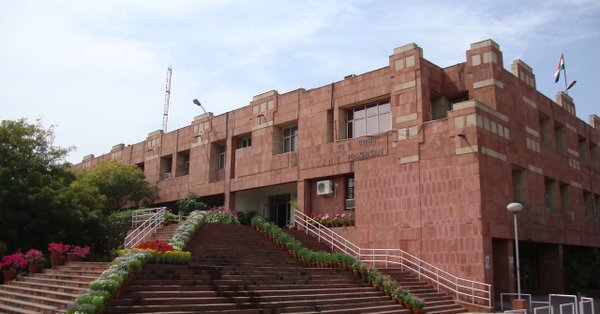JNUTA alleged current administration to impose Conduct of Central Services Rules on JNU teachers

- Country:
- India
A day after the Jawaharlal Nehru University academic council discussed placing teachers under the Conduct of Central Services Rules, the varsity's teachers' association said the "very role that academics are supposed to play in the classroom and in civil society has become criminalised".
The Jawaharlal Nehru University Teachers' Association (JNUTA) alleged the current administration has decided to impose Conduct of Central Services Rules on JNU teachers, which restricts them from expressing dissent.
The JNUTA said the rules apply to government servants and prohibit them from being "a member of, or be otherwise associated with, any political party or any organisation which takes part in politics".
Some other rules prohibit government servant from resorting to strike or coercion, canvassing in the election and there are other similar rules.
Under these rules, economics professors can be punished for discussing economic policy, political scientists can be punished for discussing politics and environmental science professors can be punished for discussing environmental policy and scientists can be punished for discussing government science policy, the JNUTA said.
"All educationist can be punished for expressing their views on educational policy. The very role that academics are supposed to play in the classroom and in civil society has become criminalised," it said.
The rules also prohibit government servants from being associated with newspapers.
The strictures on publication mean that routine academic work of writing and publishing papers becomes a violation of service conditions. Matters of academic honour – such as being invited to be on the editorial board of journals – will become a violation of service conditions, the teachers' association said.
Strictures prohibiting publications that are 'capable of embarrassing the relations' between the Centre and states or between India and other foreign states would mean that not only can one not make any critical comments about inter-state relations or international relations, but even a critical commentary on literary and artistic traditions could invite punitive action, they added.
(With inputs from agencies.)










